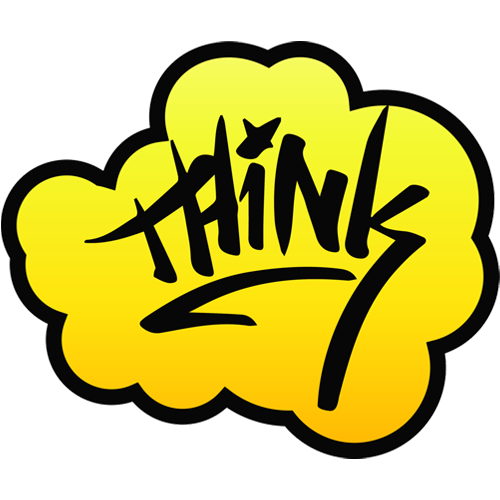What Experts Are Saying

What Experts Are Saying
December 6, 2021
How Richard Nixon smuggled
December 23, 2021
Sleep is crucial to the health and general well being of humans, yet so many adults find it hard to get quality sleep. There are several underlying issues responsible for this condition, but could CBD, CBN and THC for sleep be an answer?
Several measures, like, going to bed early or having a warm bath or drinking warm milk, and sleep medications have been employed to tackle sleep issues.
However, the use of Marijuana as a form of sleep therapy dates far back into centuries. And this owes to the natural relaxing and sedative properties of the cannabis plant.
Anecdotal accounts and contemporary scientific studies show that people, whether or not they have insomnia, found it easy sleeping after ingesting cannabinoids.
Notably, cannabis shortens the time it takes to fall asleep and can have effects, positives and negatives, on REM sleep.

WHAT IS REM SLEEP?
You spend about one-third of your time sleeping. Quality sleep is an essential key function which helps forms and maintains pathways within your brain.
These pathways allow you to learn and create new memories, all while making it easier to concentrate and respond quickly.

Sleep occurs in stage or "cycles". Going through these cycle of stages occurs multiple times during a typical night. These cycles and specifically these stages of sleep allow the brain to go through various patterns of activity. There are two basic types of sleep: Rapid Eye Movement (REM) sleep and non-REM sleep (NREM).These two types of sleep can be broken down into more defined stages.
Stage 1 (non-REM sleep)
Stage 1 is when the body relaxes and the brain wave activity begins to slow from an awaken state. The lightest stage of sleep, which can be easily described as the change over from wakefulness to sleep.
Stage 2 (non-REM sleep)
Stage 2 is the first stage that a normal person considers sleep. As your heartbeat and breathing slow, body temperature decreases with eye movements surceasing. The brain wave activity continues to slow however brief electrical bursts of activity occur.

State 3 & 4 (non-REM sleep)
Stage 3 & 4 are considered the most restorative stages of sleep and occurs during the first half of the night. Levels of your heartbeat and breathing fall to their lowest levels as your brain waves slow even more. Awakenings are rare and is often when individuals most often experience sleeping talking, sleeping walking, night terrors, etc. Stage 3 & 4 of NREM sleep can account for 10-15% of sleep.
